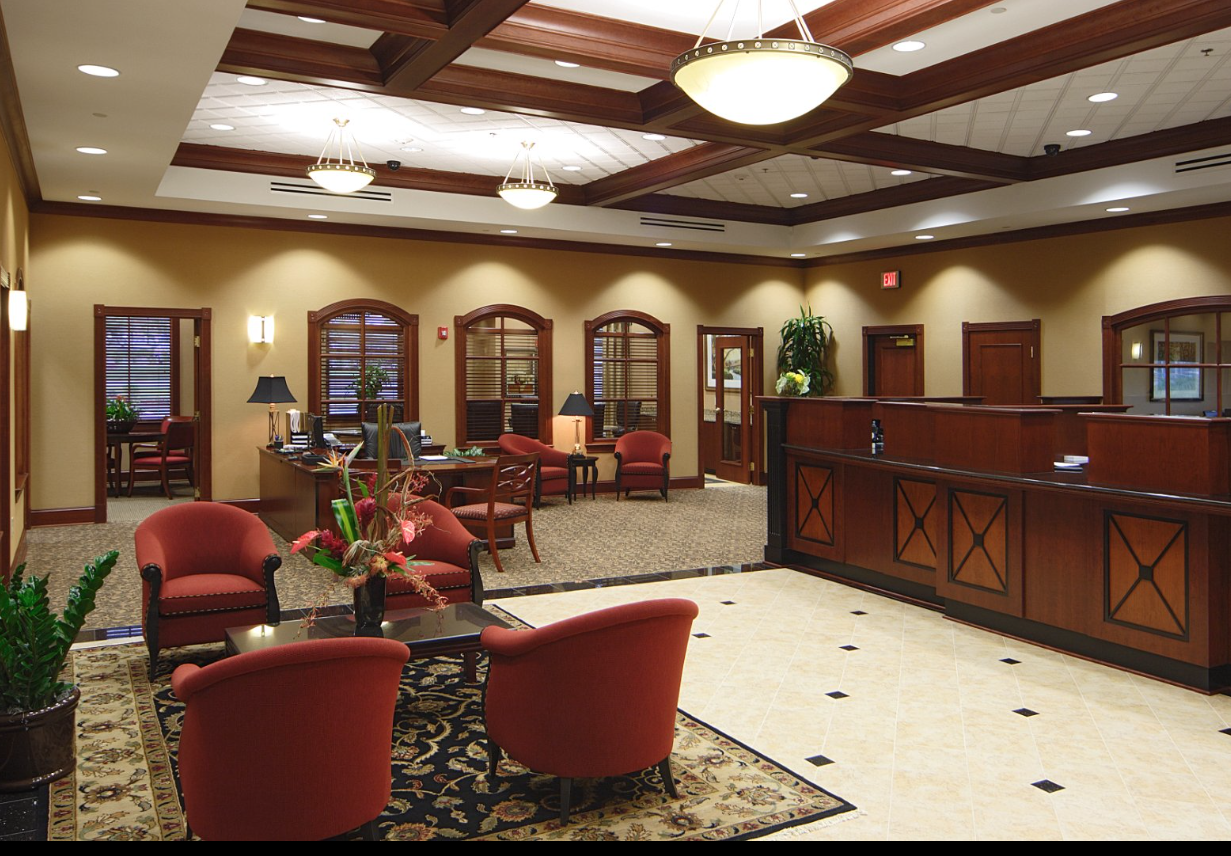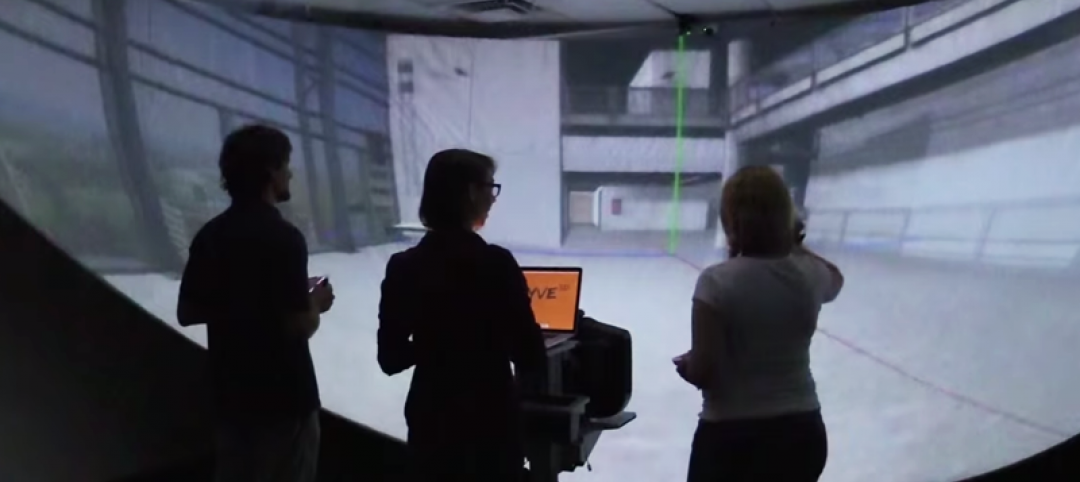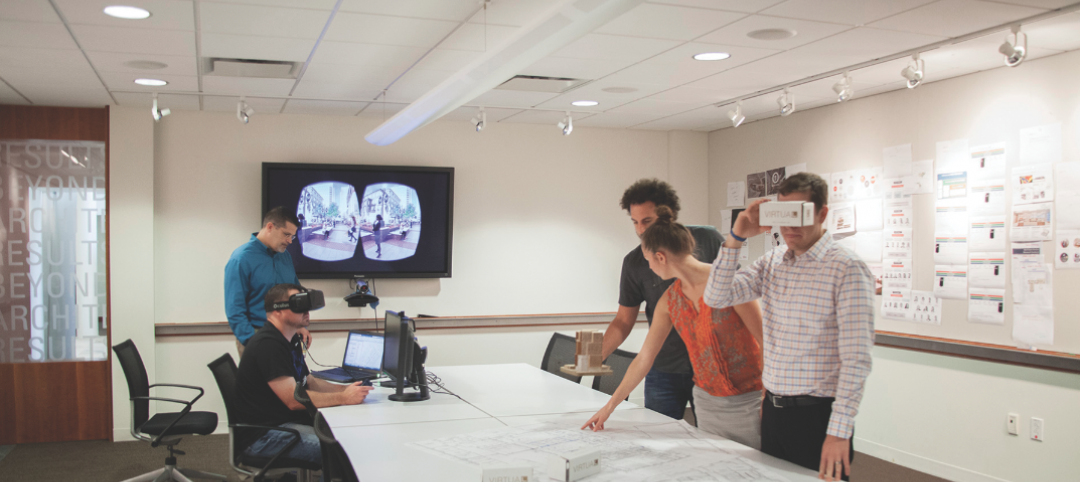Many architecture firms struggled after the economic downturn hit the design and construction industry hard in 2008. However, Foreman Seeley Fountain Architecture, a small Atlanta firm with 14 employees, managed to survive the Great Recession and is now positioning itself to thrive in the economy’s recovery.
What helped FSF become resilient and get through these tough times was a solution that helped them plug some leaks in their cash flow. By minimizing these leaks, they were able to increase revenue very quickly.
Hemorrhaging Money
FSF’s Vice President Jeff Seeley describes his firm as being pretty typical. “We were just like a lot of firms—just spreadsheeting it. We’d file an expense report, then months later, realize we’d forgotten to bill the client for our mileage. It was too late and too embarrassing to go back and ask for it later.” Multiply this by several similar instances and it’s easy to see how FSF’s existing billing system was costing them money.
Looking back, Seeley realizes there were all kinds of miscellaneous hours for which FSF wasn’t billing, such as additional services, mileage to job sites, and blueprinting. All this billable time was adding up, just not in their bank account.
Plugging the Leaks
According to Seeley, “All those little things we weren’t billing for? Those added up to thousands of dollars a month. That’s what we started saving when we started using ArchiOffice.” FSF started using ArchiOffice in 2007.
That made all the difference in helping them keep their doors open during hard times. “We have watched other architectural firms require severe staff reductions to survive. We’re still afloat, and I truly believe that’s because we did a better job of identifying those lost reimbursables and learning to time manage our projects better.”
Improving Project Management
Because Seeley and his coworkers could see the percentage complete of various project stages with ArchiOffice, they realized how many hours were being spent on certain project phases and started to budget their time better.
“Here’s an example: we were doing a school renovation. We had six weeks. The way we used to do it, I’d just look at it as ‘I’ve got six weeks to do it’ and suddenly, half my fees were eaten up by schematic design,” Seeley laughs. “Now, I pay attention to how many hours have been allotted to complete a task, not what day it is due. Once those hours are up, I start asking where the drawings are, and people don’t spend all their time on one phase.”
FSF’s staff also started doing a better job paying consultants now that ArchiOffice was helping them to plan before the job began, making financial planning clear and easy. They knew where they stood with the budget. “We have a clearer vision of where we’re going to be financially two or three months out, so we do a much better job of allocating our resources. If we know there’s going to be a rise or dip, we can plan accordingly, based on how much work we have ahead of us,” says Seeley.
Adapting for the Future
Recently, the firm implemented ArchiOffice’s document management and remote access capabilities. So now, their staff can access project data and documents from anywhere they have internet access–virtually expanding their office’s reach. “We were on a job site recently and someone asked for the specs. No one knew where they were. The contractor didn’t have them—they were probably stuck holding a door open somewhere. So someone pulled out a laptop, accessed ArchiOffice remotely and opened up the specs document for us right away. The amount of time ArchiOffice saves us is invaluable.”
Related Stories
BIM and Information Technology | Aug 27, 2015
Zebra Imaging launches 3D hologram creator for Autodesk Revit
Company promises new product will bring "easy creation process" to holographic imaging in AEC community.
Office Buildings | Aug 24, 2015
British company OpenDesk offers open-sourced office furniture
Offices can “download” their furniture to be made locally, anywhere.
Energy Efficiency | Aug 24, 2015
Google develops Google Maps for solar energy
The tool offers high-resolution aerial maps, like the one used in Google Earth, to estimate the total sunlight a rooftop receives throughout the year.
Sponsored | BIM and Information Technology | Aug 20, 2015
Part II - Will BIM Work as a Deliverable? A Legal Perspective on BIM
Having the right counsel on your team can be the difference between long drawn-out negotiations and breaking new ground to meet the owner’s needs.
BIM and Information Technology | Aug 17, 2015
Reimagined cursors can change digital imaging
A University of Montreal professor has developed a system that elevates 2D cursors for a 3D world.
BIM and Information Technology | Aug 6, 2015
After refueling its capital tank, WeWork acquires BIM consultant Case
The merger is expected to help standardize how WeWork designs and builds out office space.
Giants 400 | Aug 6, 2015
BIM GIANTS: Robotic reality capture, gaming systems, virtual reality—AEC Giants continue tech frenzy
Given their size, AEC Giants possess the resources and scale to research and test the bevy of software and hardware solutions on the market. Some have created internal innovation labs and fabrication shops to tinker with emerging technologies and create custom software tools. Others have formed R&D teams to test tech tools on the job site.
Smart Buildings | Aug 5, 2015
8 cities win Bloomberg's 'open data' award
The competition, called "What Works Cities," promotes innovation in city government by making the massive amounts of city operations data more publicly accessible to better improve issues like job creation, public health, and blight.
Multifamily Housing | Aug 5, 2015
FacadeRetrofit.org: A new database for tracking commercial and multifamily façade upgrades
The site allows users to submit information about new projects, or supplement information on those already posted.
BIM and Information Technology | Aug 4, 2015
Augmented reality app provides step-by-step help for repairing equipment
The developers of Remote AR have discovered a new application for AR technology that could apply to all types of industries, including commercial buildings.


















